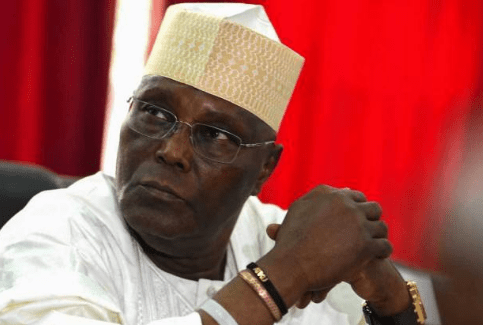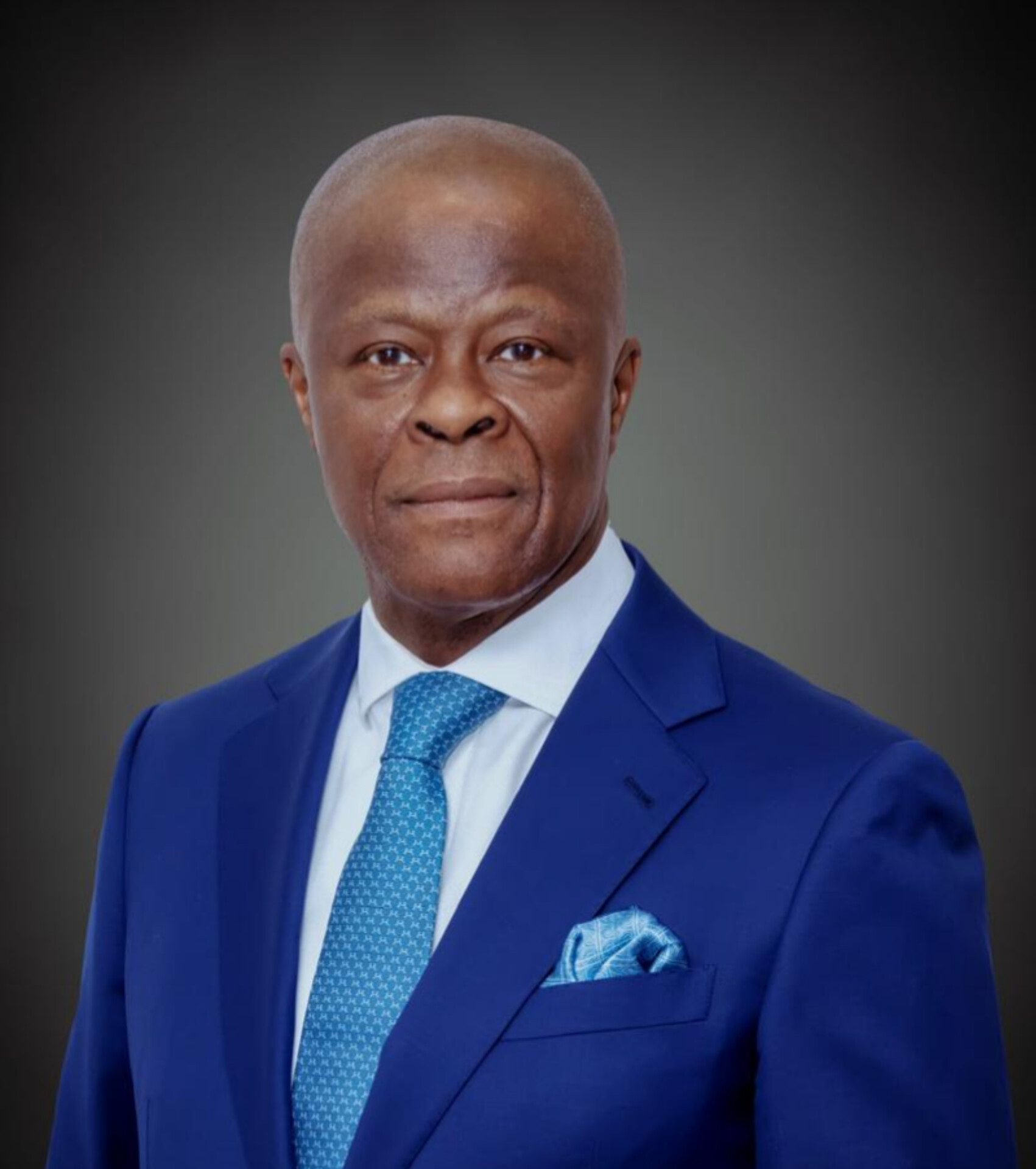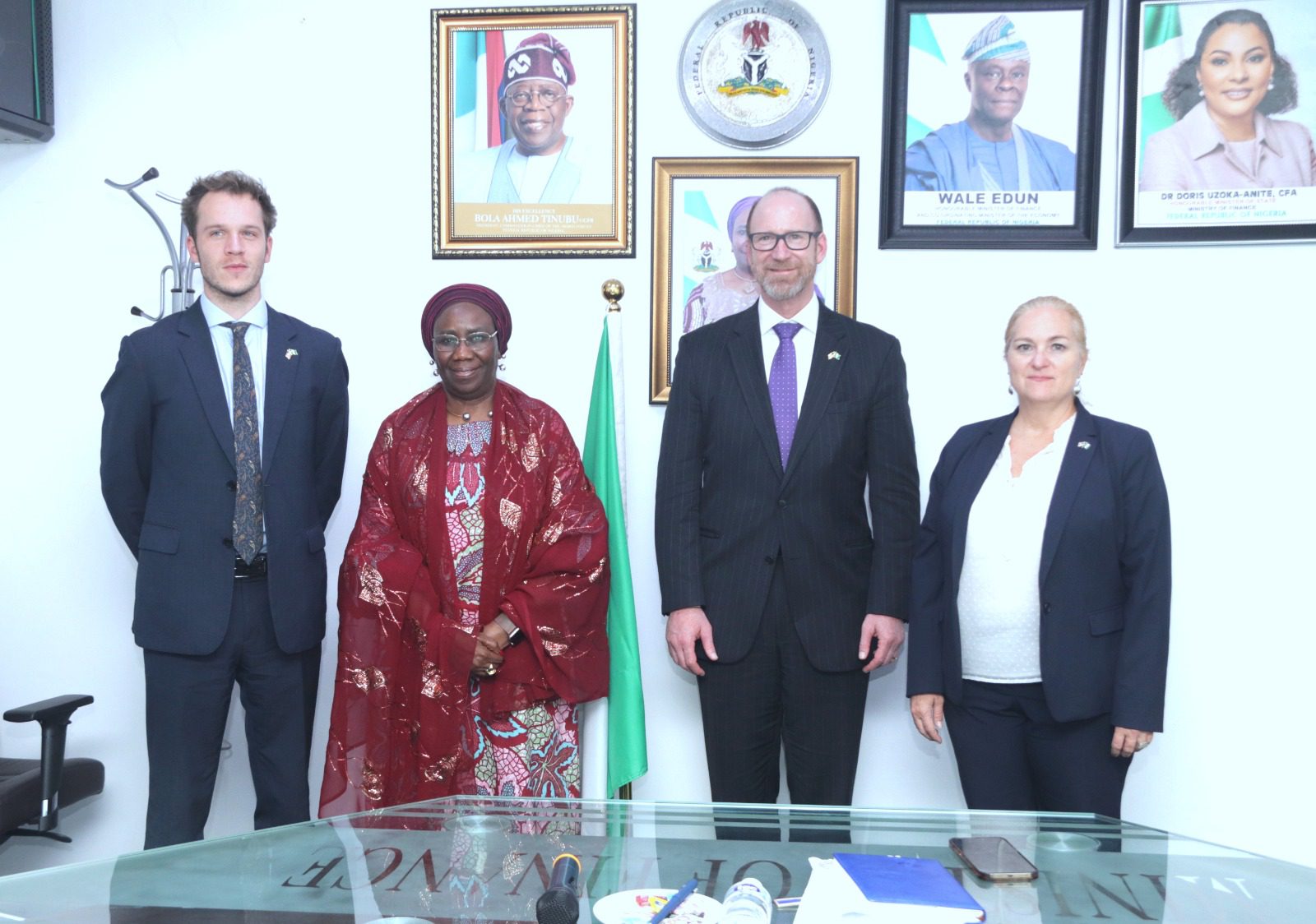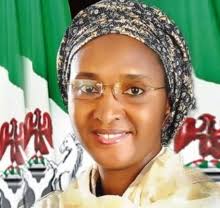Presidential candidate of the Peoples Democratic Party (PDP) Atiku Abubakar has described as worrisome Thursday’s revelation by Nigeria’s Finance Minister that the cost of servicing Nigeria’s debt has surpassed the Federal Government’s retained revenue by N310 billion in the first quarter of the year.
Atiku who was Vice President of Nigeria, 1999-2007 said, in the first place, the action must be in breach of all known reasonable debt-sustainability thresholds.
In the Second place he said, it puts a big question mark on the capacity of the government to manage its rising debt profile without endangering macroeconomic stability.
“Indeed, I am concerned that this action is already exposing Nigeria to financial stability issues as we slip from a medium risk of debt distress to high risk of debt distress.
“I had on several occasions warned that not only is the fiscal cost of government’s indiscriminate borrowing so enormous but has even greater opportunity costs as we sacrifice investments in critical areas, including education, health, and other basic services. This is certainly detrimental to Nigeria’s long-term growth.”
He urge the government to as a matter of urgency take immediate steps to slow down the rate of debt accumulation by promoting more Public Private Partnerships in critical infrastructure funding and identifying more innovative funding options by review of the current utilization of all borrowed funds to ensure that they are deployed more judiciously. “Specifically, government must ensure that all borrowed funds are for priority infrastructure projects that would generate income, boost output, and put the economy on the path of sustainable growth.”
He also asked the government to review the country’s debt strategy by focusing on concessional and semi-concessional sources with lower interest rates and relatively long-term maturity.
“The government must reduce the issuance of short-dated debt instruments by taking steps to improve its spending efficiency and drastically cut unnecessary and wasteful expenditures.”





